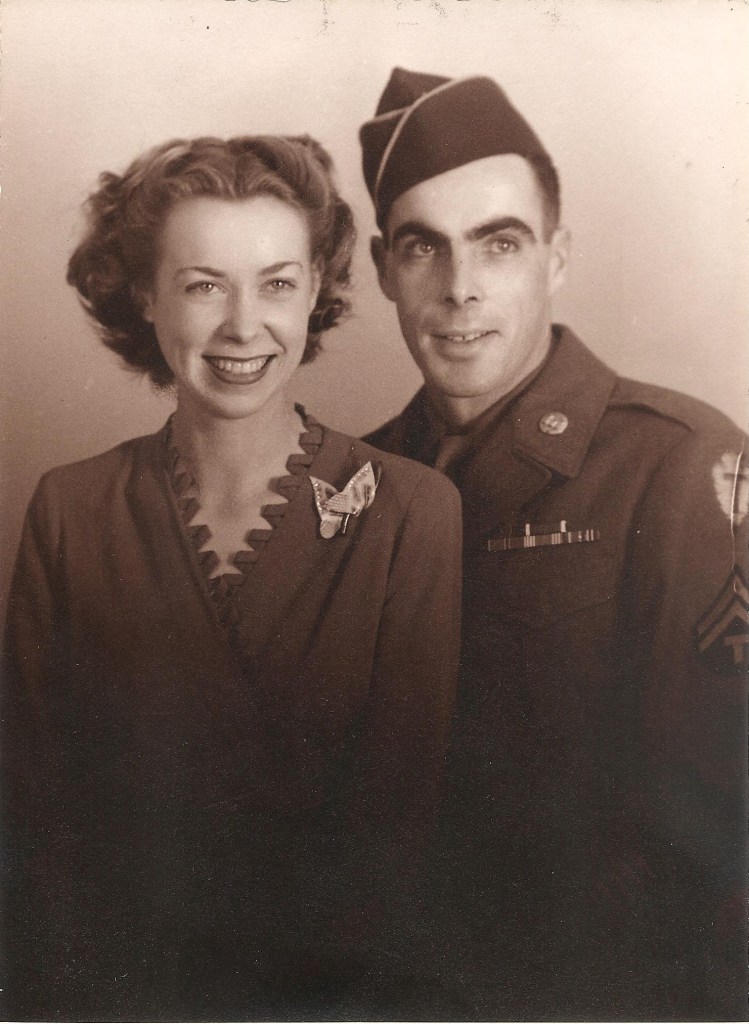I’ve never much liked the fact that I’m part of the Silent Generation. Sandwiched as we are between the heroes of the Greatest Generation and the rebellious, idealistic Baby Boomers, we silents sound so boring.
And when I stopped to think about it, generalizing about whole cohorts of Americans on the basis of when they were born raised questions for me, so I did some digging.
First of all, I was dubious about the particular traits associated with my generation. According to social scientists, we silents (now somewhere between the ages of 75 and 91) are disciplined, hard-working, respectful, resilient, and cautious with money. And we’re conformists.
Mostly admirable traits, right? But dull. (I hate to admit it, but I fit the bill pretty well.)
We were born between the beginning of the Great Depression and the end of World War II, and researchers say those calamities in our early years shaped us.
I wondered: Why cite just the depression and the war? Think of all the other experiences we shared. To name just a few, men of the Silent Generation fought in the Korean War and in Vietnam, surely experiences that could change a personality.
Then there was the civil rights movement, which profoundly changed the country and the rest of the world. Among other things, it demonstrated how much a social movement can accomplish when people come together for a cause they care about. And that insight sowed some of the seeds of the women’s movement, which definitely changed me.
Didn’t experiences like those affect our personalities? Are personalities set in stone by what happens to us when we’re quite young?
The answer to that seems to be yes and no. Studies show that personality traits are relatively stable, though traits can, and do, change, gradually over a lifetime.
Okay, but aren’t there enormous differences between people of different races, classes and genders, even if they were all born during the same time period?
Jean M. Twenge, PhD, a psychology professor at San Diego State University who studies generational differences, rebutted that particular argument in a 2017 article in Psychology Today. She acknowledged that people differ in many ways, and those differences are based on their class, race, gender, even the region where they live—and the generation they belong to.
Research on generational trends, she wrote, studies nationally representative samples of people from across the country and from various races and ethnic groups, rich and poor, and so on. And the results do show that, on average, members of each generation are similar to one another in their attitudes, values and behavior.
All the same, it seemed to me that those studies have produced generational stereotypes, similar to the racial, gender and age stereotypes so many struggle against. Twenge, however, says that’s not a problem with the research, “it’s a problem with people who leap to conclusions, who generalize from an average to an individual. That does not mean we shouldn’t understand the average differences.”
Twenge’s article answered many of my questions, but I was still wondering who named my cohort “the Silent Generation.” And what were we supposedly silent about? Turns out, Time magazine is responsible. In 1951, Time correspondents interviewed young adults all over the country, along with their teachers and guardians. Afterward the magazine concluded that “The most startling fact about the younger generation is its silence.” According to Time, young people weren’t willing to speak out about anything.
Dubbing us “the Silent Generation,” the magazine also noted that we’d been called “the oldest young generation in the world.” Ouch.
When I read that, I suddenly remembered all of the things we didn’t talk about in the New Jersey suburb where I grew up, and probably in many other communities as well. We didn’t discuss racism, though many people must have known how wrong it was.
We also avoided talking about sex, rape, wife-beating and more. The word “cancer” was a no-no in polite company; it was sometimes referred to (in whispers) as “the c-word,” but it was too scary to mention out loud.
I remember feeling, as a teenager, that there were a lot of things wrong with what I saw going on around me, but there didn’t seem to be anything an individual could do about them. Until the civil rights movement came along.
What use is all of the information about various generations? Social scientists note that as lifespans and healthspans grow longer, and people of all ages mingle in the workforce, it’s helpful for business managers to have an idea of what those generations are like, on average.
I guess we all have to hope that those managers know enough to look beyond the averages to what particular individuals are like.
As for what generational research offers the average person, if you want to understand yourself better, Twenge suggests that it helps to know something about the culture and events that shaped the generation you belong to, and how they may have molded your own beliefs and the person you are today.
“No matter what generation you are in,” Twenge concluded, “the shifting winds of culture and technology affect you—for better, for worse, and almost always for both.”
That’s certainly something to think about.
My foray into the research on generations has convinced me that the profile of the Silent Generation is accurate enough. On average.

Flora Davis has written scores of magazine articles and is the author of five nonfiction books, including the award-winning Moving the Mountain: The Women’s Movement in America Since 1960 (1991, 1999). She currently lives in a retirement community and continues to work as a writer.



